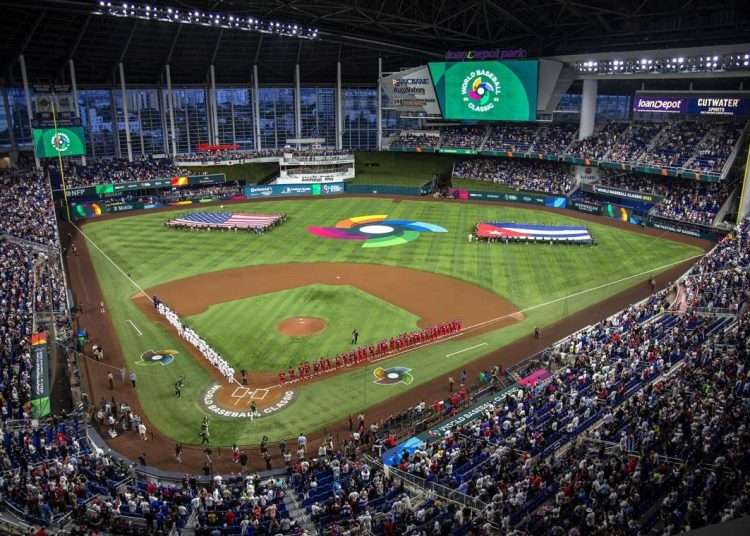The recently finished 5th World Baseball Classic has once again recalled how this sport, which continues to fascinate Cubans, is inextricably intertwined in the conflictive relations between Cuba and the United States.
For fifteen days the country has felt, enjoyed and/or suffered from baseball fever with its sights set on what very few thought could happen and, nevertheless, did happen: the representative teams of both countries faced each other in an anti-climactic game that took place on March 19, nothing more and nothing less than at LoanDepot Park Stadium, headquarters of the Major League Baseball team (MLB or Major League Baseball) of the Marlins, in Miami.
It was something that the most assiduous baseball fans had aspired to see without success until this year: a ball game between the best players from both countries in an official international competition. In none of the four previous Classics had it happened.
The game served to recall, in addition to passionately, with a mixture of bitterness and hope, the long history of what has happened to Cuban baseball and its relationship with U.S. baseball. On the one hand, the successes of Team Asere, as the Cuban National Team has been popularly called, have allowed us to dream.
If that example is followed and future Cuban teams incorporate players who have left Cuba to play in other latitudes, including the MLB, we could attain the achievements that we once enjoyed and that for more than ten years have been elusive to us.
El Classic has also made it possible to assess the difficult moment the ties between the two countries are going through.
After these days in which baseball, politics and Cuban-American relations were linked, what did the 5th Classic leave us?

On the purely sports or baseball level, which is not without political importance, the success of the formula devised by the Cuban Baseball Federation (FCB) to integrate a team with Cuban players residing abroad who play for foreign leagues, including some contracted ones by the MLB and others in the Japanese League and in the Mexican Leagues was demonstrated. It was not made compulsory for the contracts to be mediated by the FCB. The formula worked and the team played cohesively. It is legitimate to hope that this will be maintained and expanded.
After an uncertain start, the stars aligned and Team Asere made it past the first round (the primary objective) and, not only that, managed to play in one of the two semifinals against the powerful team from the United States. It was good news for all Cubans who longed for a baseball team that would remind us of the one that took second place in the distant first Classic in 2006.
This result in 2023 was mediated by everlasting luck. After losing the first two games, Team Asere managed to beat Panama and Taipei; which, coupled with a victory for Italy, allowed them to pass as head of the group. Thus, the clash in the quarterfinals with Japan, champion for the third time, was avoided.
Also on the sports front, the result, in addition to guaranteeing the presence of a Cuban team in the next Classic in 2026, supports the possibility of resuming the agreement between Major League Baseball and the Cuban Baseball Federation. But, be careful, here sports are mixed with politics.
As much as Major League Baseball is interested in picking up the deal, a clear sign of approval from the Biden administration is needed. It’s hard for it to happen. Neither the White House nor the State Department have indicated that they are interested, as the Obama administration, which encouraged it, did demonstrate. As is known, former President Donald Trump canceled it with the active support of Cuban-American Senator Marco Rubio.
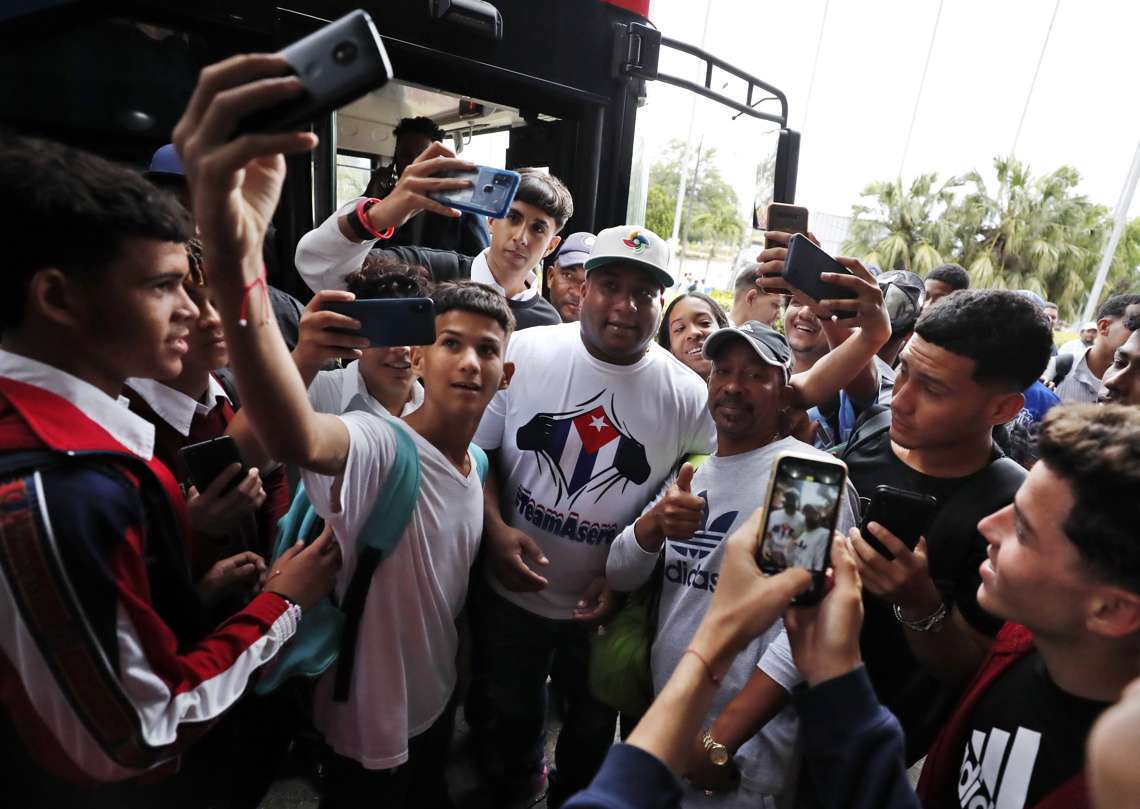
At the strictly political level, there are three elements that stand out. Before the Classic, a group of Cubans who play in the Major Leagues created an “Association of Independent Cuban Baseball Players,” trying to supplant the legitimate functions of the Cuban Baseball Federation and for the MLB to recognize them to create an “Independent Cuba” team, which would replace Team Cuba.
The initiative, which never had the slightest chance of success, was rejected by the MLB and was openly opposed by the World Baseball and Softball Association, an international entity with the power to recognize National Federations.
Although it failed, the publicity it received in the Miami press and other specialized media allowed us to see to what extent the issue could be politicized to affect not only Cuban baseball but also relations between Cuba and the United States.
The maneuver was part of the efforts made by extremist sectors in the United States, many of them based in the city of Miami, to delegitimize everything that, in some way, even indirectly, has to do with the Cuban government.
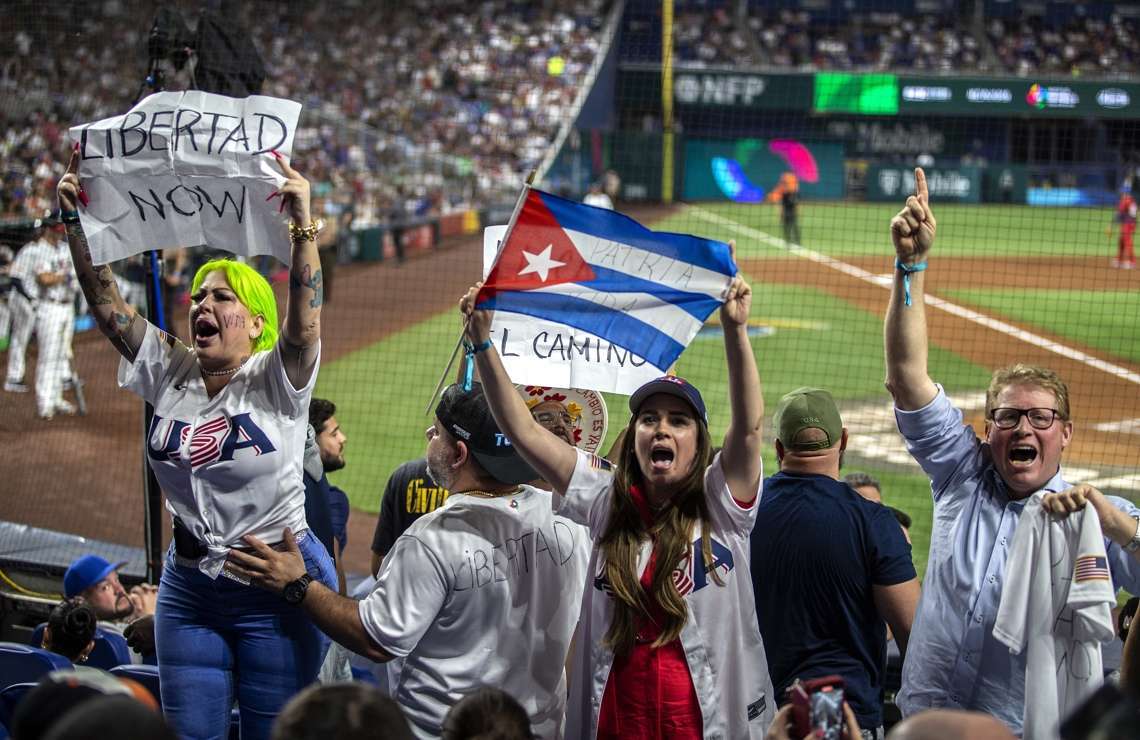
Second, the political forces opposed to the Cuban government in the community of Cuban emigrants residing in South Florida mobilized to carry out political demonstrations of all kinds at the LoanDepot Park Stadium. These were made in open violation of the regulations in force at the sports facility and reached physical violence in some cases. They received the active support of the City Mayor’s Office and other authorities. They managed to carry out actions that intimidated the players and spoiled what could have been a positive sporting spectacle that would contribute to the normalization of Cuban-U.S. relations.
It is inexplicable that it was allowed.
However, its effect in Cuba was contrary to what its promoters claimed to be pursuing. Far from fomenting more discontent and rejection of the citizens towards the government, the vast majority of Cuban citizens saw their insults as something directed against the players who had performed so well and against the very cohesion of the nation so well represented by all the team members, some residents of the United States.
It didn’t help much that many Cuban Americans distanced themselves from these demonstrations and claimed that they went to the stadium to support the team. Their voices were not felt or felt little. The cases of Cuban Americans who publicly expressed their repudiation for these pernicious acts were exceptional, as was the case of Carlos Lazo.
Finally, contrary to what is often taken for granted — that friendly sports matches in common sports like baseball build mutual trust — the game did almost nothing to bring the two countries closer.
The responsibility for this entirely falls on the Biden administration, which was able to intervene to show that it supported these exchanges between Cuba and the United States, as previous Democratic administrations have done.
Bill Clinton, for example, supported holding two games between the Cuban National Team and the Baltimore Orioles in 1999. Barack Obama reinforced his conciliatory message by inviting the Tampa Bay Buccaneers to play in Cuba against the Cuban National Team during his visit in March 2016. Raúl Castro, then president, accompanied him that afternoon.
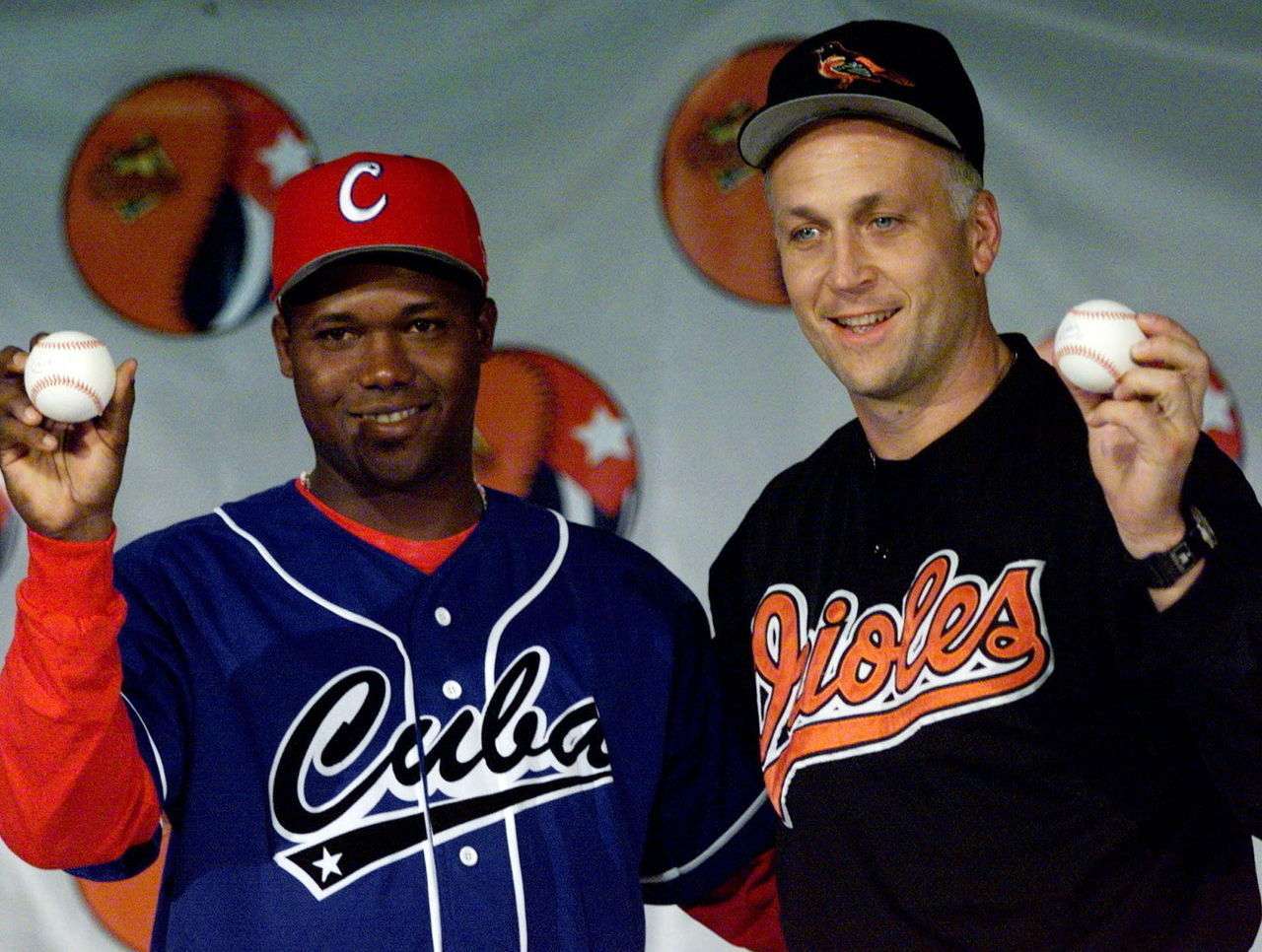
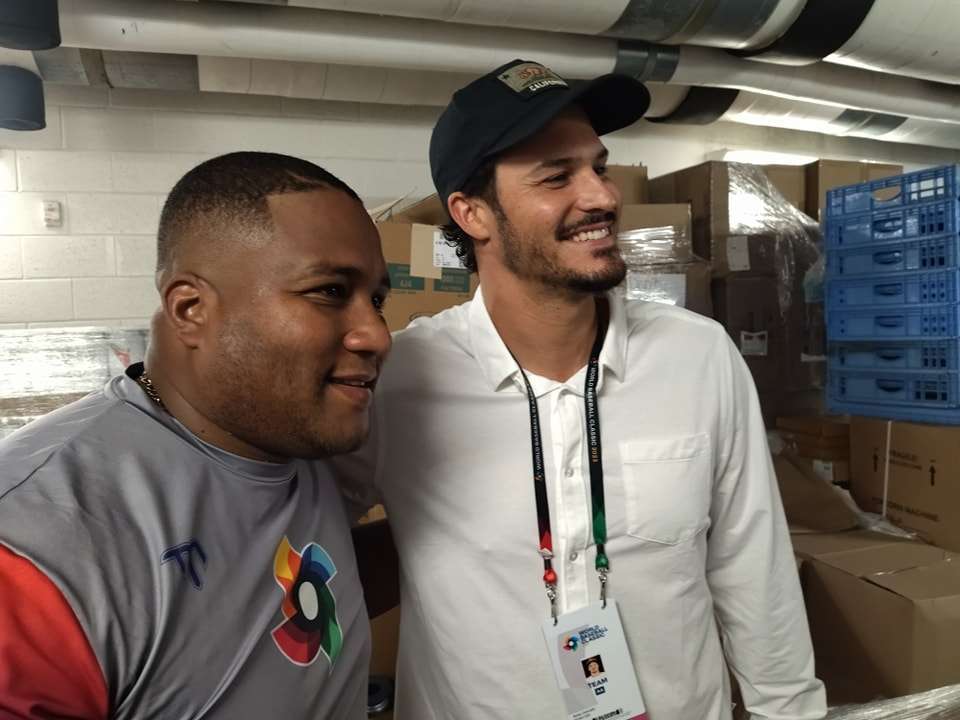
Given the insensitivity shown by the Biden administration in this case, its allegations that the main purpose of its policy towards Cuba is to “help the Cuban people” are hypocritical.
The song by Buena Fe entitled “Soñar en azul” (Dreaming in Blue) dedicated to the Industriales team, is very right, only now it would be for Team Asere. Yes, baseball is like life and without it we can’t dream.

